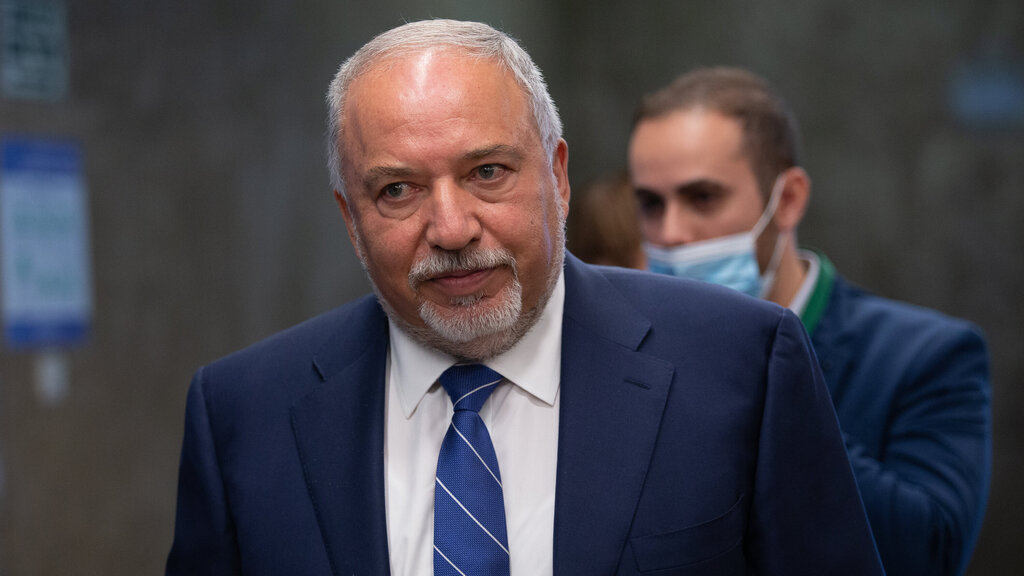Getting your Trinity Audio player ready...
Religious Services Minister Matan Kahana on Tuesday announced a series of reforms that would lead to the privatization of Israel’s kosher certification process order to increase competition in a field currently monopolized by the Chief Rabbinate.
The announcement was met with fury from the ultra-Orthodox Chief Rabbinate, which has control over all aspects of Jewish life in Israel.
Kahana’s reforms will see the Chief Rabbinate serve as a regulator of independent organizations that will oversee the preparation of kosher food and have the authority to issue kosher certificates to businesses who meet the criteria.
The reforms aim to address the corruption and poor standards that have plagued the system for years due to the Chief Rabbinate’s monopoly on issuing the certificates and its control over the inspectors who ensure that kashrut is being observed once a certificate has been issued.
The reforms are also expected to improve the inspectors’ employment conditions, and nurture competition among kashrut supervision services, which in turn will reduce the costs for businesses who wish to receive a kosher certificate.
The reforms will be brought to the Knesset plenum for a vote as part of the Arrangements Law presented alongside the State Budget.
"The country’s kashrut system must be made significantly more efficient," said Kahana.
“It suffers from issues in quality, standards, employment conditions and supervision. The kosher public in Israel deserves better, and the revolution we are leading will bring them tremendous news."
Kahana referenced an incident in which a 22-year-old woman died after consuming a product containing dairy served at a kosher meat-only restaurant in northern Israel.
"State Comptroller reports repeatedly highlight the shortcomings of the existing kosher certification system,” said Kahana, who argued that the reforms will only serve to strengthen the Chief Rabbinate as it will be in charge of determining nationwide kashrut standards.
The plan has the backing of Finance Minister Avigdor Liberman, who expressed his ongoing support for "creating competition in various markets.”
“This includes the field of kosher services, which will have a direct effect on food prices and the cost living in Israel. It is necessary to bring about a fundamental change to abolish the existing monopoly,” he said.
The Finance Ministry said that the reforms were expected "to reduce the burden on local food producers and on businesses that provide catering services.”
The ministry said the move would save consumers who use kosher services and buy kosher food tens of millions of shekels each year, and that the reforms were expected to go into effect next year.
The state-run Chief Rabbinate slammed the reforms as "part of a general trend of a war against religious services, whose ultimate goal is canceling the Jewish identify of the State of Israel.”
It said the true aim of the reforms was "the abolition of kashrut in the State of Israel, due to the bazaar that is about to open that is made up of entities who will grant kashrut certification in line with their own business interests."





